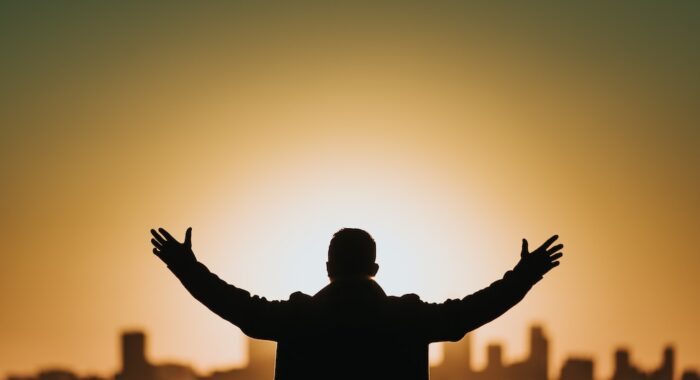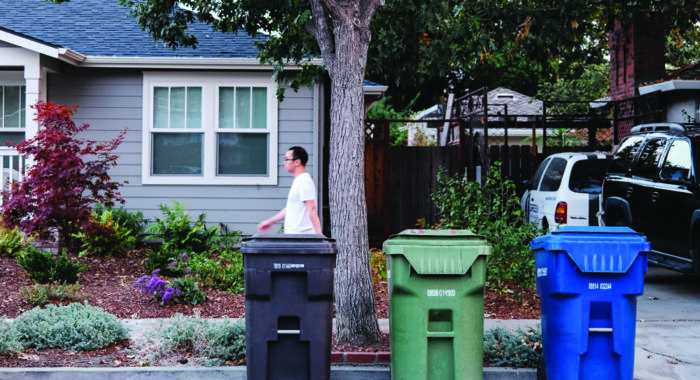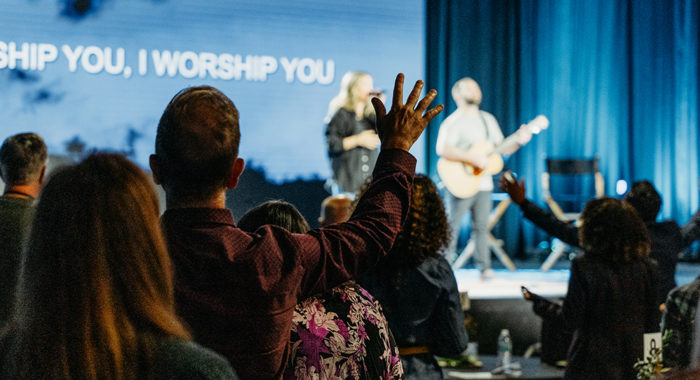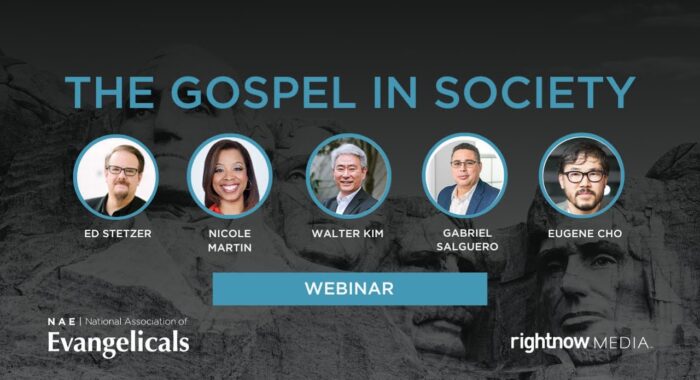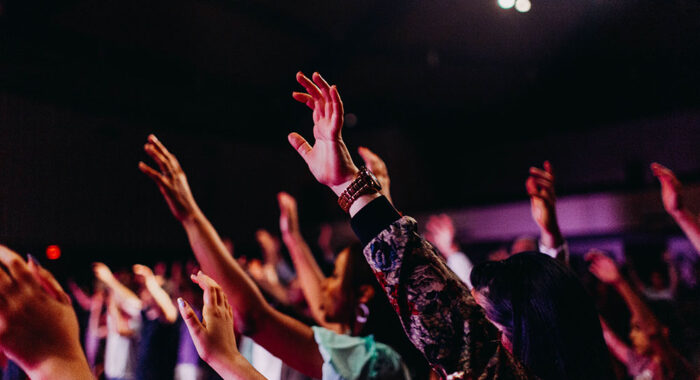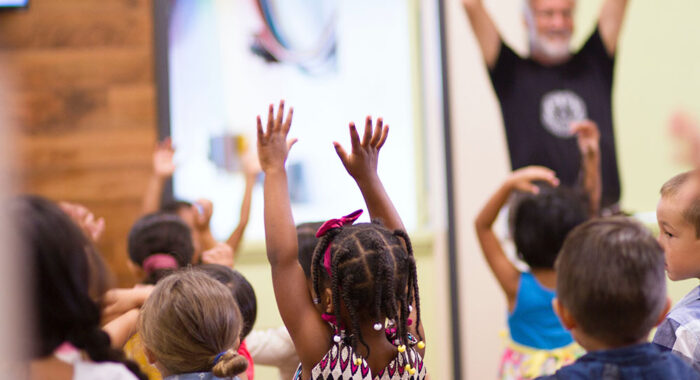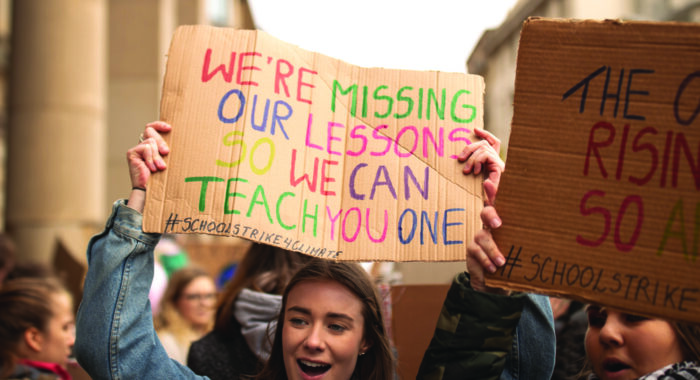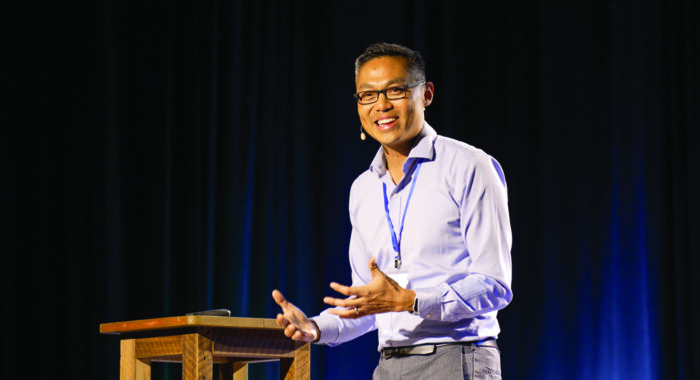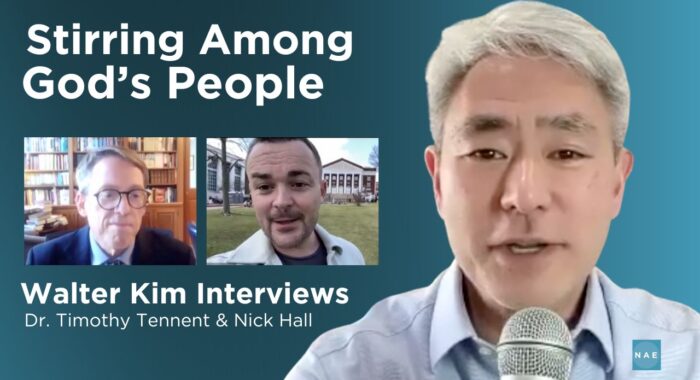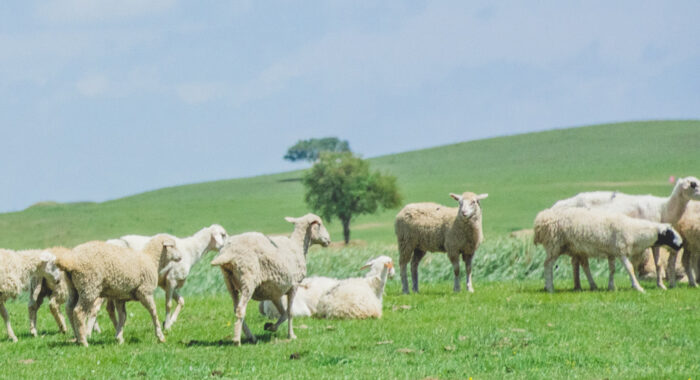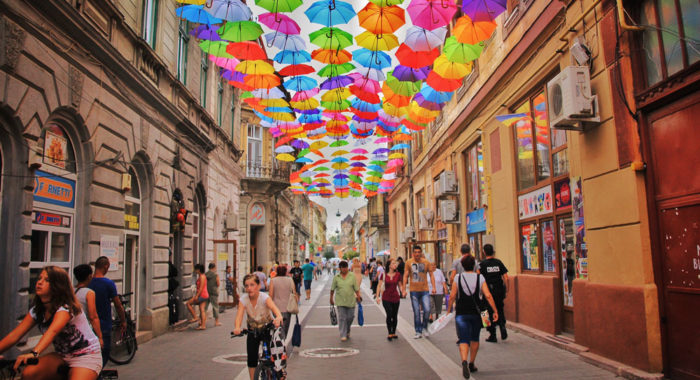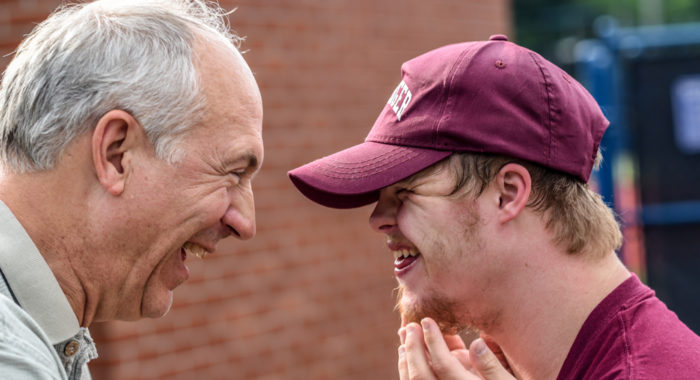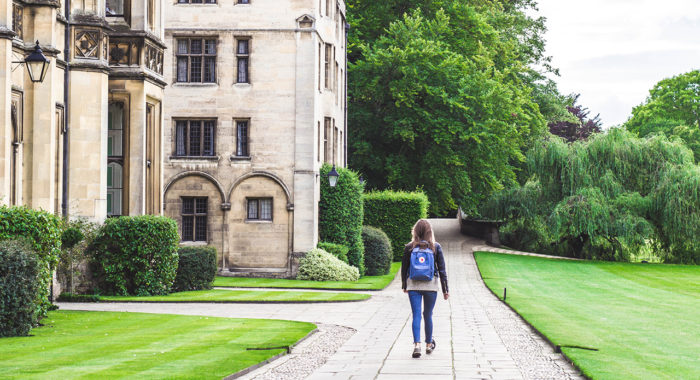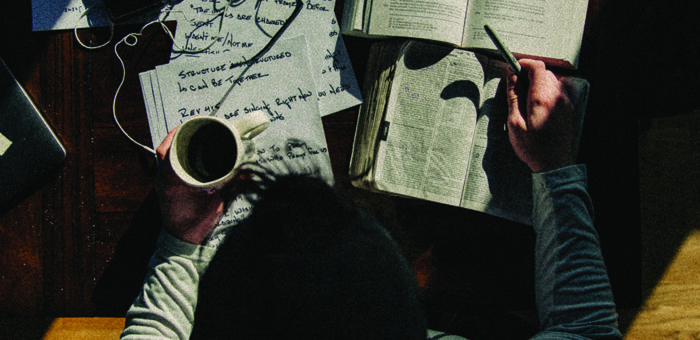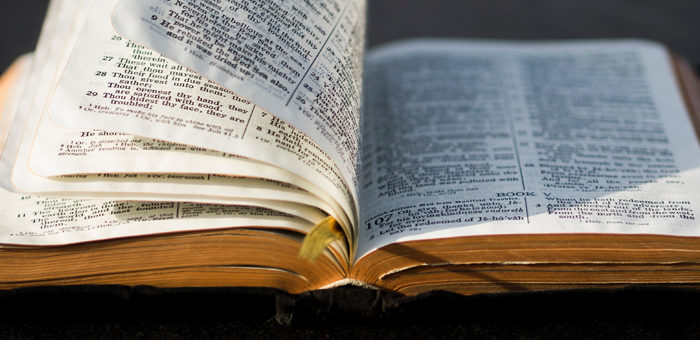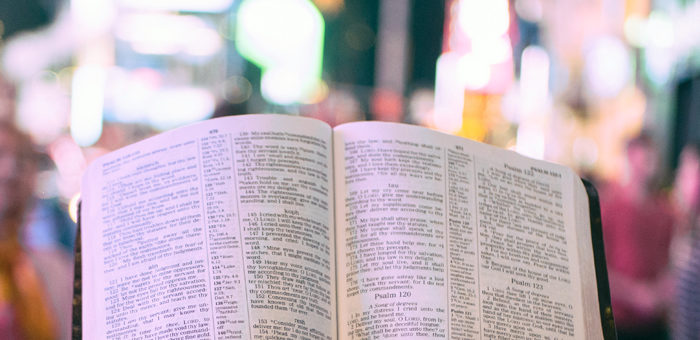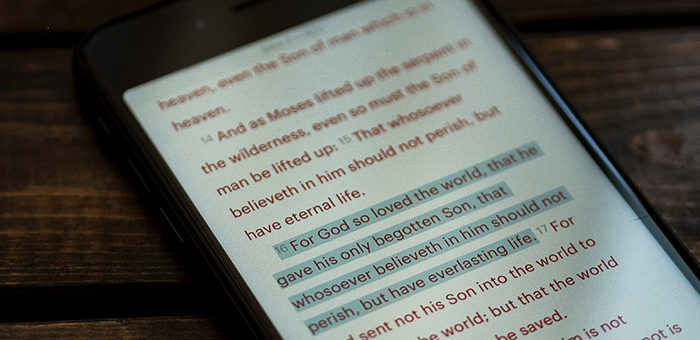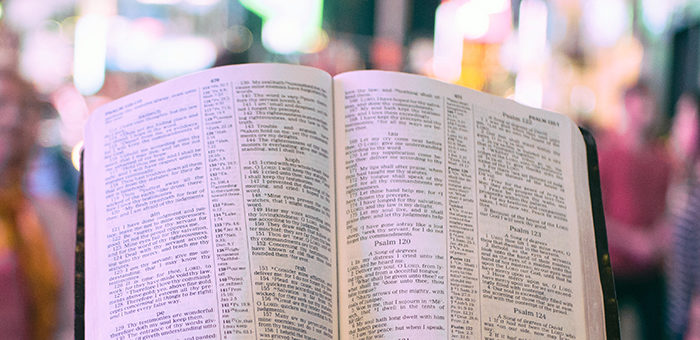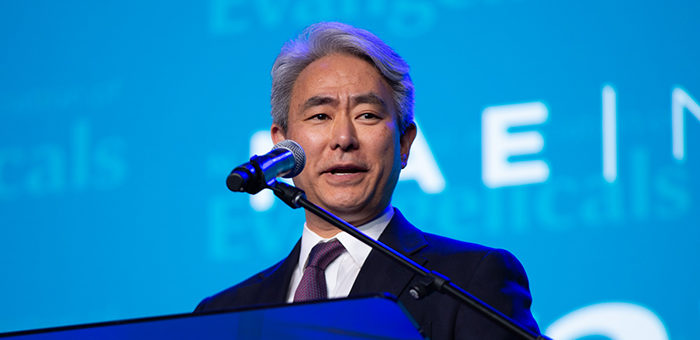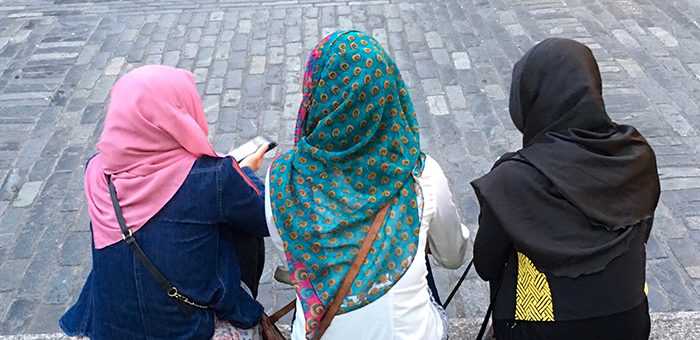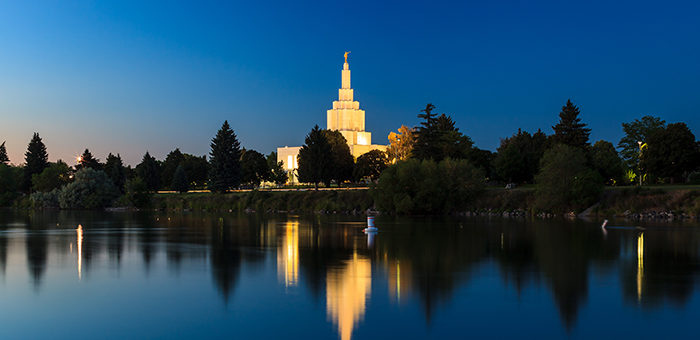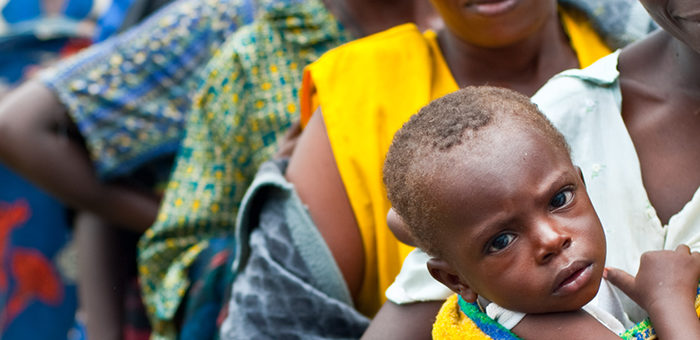The idea of unity is enticing. We all want to live in harmony with one another, avoid divisive conflicts, and feel we belong. Physical distancing and political polarization have heightened our longing for unity. The more elusive unity feels, the more we seek it.
As believers, we espouse the importance of telling the truth, but we have at times and for sustained periods avoided facing the facts. This has been the case in matters of politics, religion and race.
Too much of our understanding of the history of this country has been based on the lies of meritocracy, American exceptionalism and white supremacy. In recent months, we’ve seen attempts to suppress the truth in school curricula, grand juries and even in our efforts to educate churches about racial justice. When those in power seek to suppress the truth at all costs, marginalized communities wonder why. To build trust, begin with the truth.
If we want true unity in our churches, we have to start with the transparency that comes through truth-telling. Bridging any gaps cannot be done without first being honest and open with ourselves and one another. Beware of calls for unity that shuns truth-telling for the sake of preserving the status quo.
In “Be the Bridge,” I wrote “If we avoid hard truths to preserve personal comfort or to fashion a facade of peace, our division will only widen. Jesus can make beauty from ashes, but the family of God must first see and acknowledge the ashes.”
Truth-telling often feels risky. It has the potential to disrupt our status quo and upend the social order that has benefitted some for generations. When you benefit from a lie, there is little incentive to seek the truth. But the Bible tells us that the truth sets us free.
Believing the truth about our history sets us free to create a future where the imago dei in everyone is honored and respected. It frees us to pursue the healthy, thriving, secure and inclusive relationships we desire. Truth-telling will free the Church to be a credible witness.
Truth is the bond that seals the work of bridge-building, and we are all called to be bridge-builders. We build bridges to close the gaps between error and truth, between false premises and sure foundations. In our deeply held belief that God is love, we do this holy work so that our love will show the world that God’s goodness is for everyone.
This article originally appeared in Evangelicals magazine.
Latasha Morrison is a speaker and the author of “Be the Bridge: Pursuing God’s Heart for Racial Reconciliation.” She founded Be the Bridge in 2016 to encourage racial reconciliation among all ethnicities, to promote racial unity in America and to equip others to do the same. Prior to founding Be the Bridge, she was the operations pastor at Gateway Community Church in Austin, Texas. She also served as the director of children’s ministry at Austin Oaks Church. Morrison graduated from East Carolina University with a degree in family science and community service. She earned her M.B.A. from Liberty University.




 View All Articles
View All Articles 

